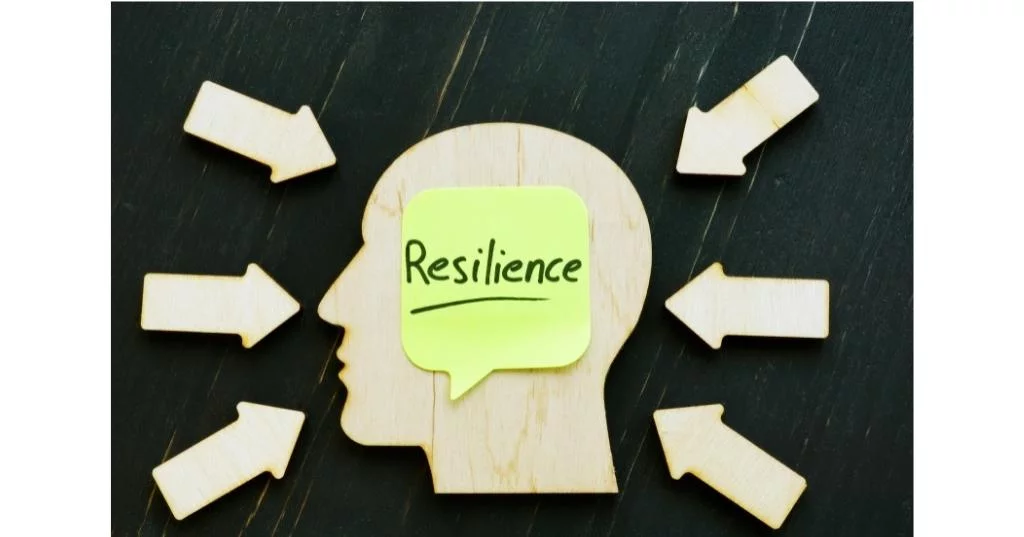How to build resilience

Resilience: building skills to overcome adversity
For people all around the world, the last two years have been more than a little difficult. Between a global pandemic, cost of living struggles and personal circumstances, many people have been thinking about resilience. The good news is that anyone can learn to become more resilient and take adversity in their stride.
So, how can resilience be cultivated? ICMI is proud to present some of the world’s best resilience speakers, including some of the best keynote speakers on resilience, who have overcome adversity to build their emotional resilience and now teach others to do the same.
What is emotional resilience?
Emotional resilience is the ability to ‘bounce back’ from negative experiences and remain healthy and well while facing them. Resilience has been shown to positively affect individuals and their ability to cope with challenging situations.
Resilience does not mean difficult events or traumatic incidents are ignored or glossed over. Rather, it’s an acceptance that life has its ups and downs and that even challenging situations have their place. While it’s true that resilient people can recover from adverse events faster than less resilient individuals, even the most resilient among us will need to take time to process difficult situations and heal from trauma.
How to cultivate emotional resilience
While there’s no one-size-fits-all solution to building resilience, it’s a skill that can be honed and practised. The first step to cultivating emotional resilience is to learn good stress management techniques and strategies. For some, good stress management may involve building healthy emotional boundaries; for others, it might be learning to accept help and support when needed.
Resilience coaches can help you to become more resilient by teaching you strategies for self-acceptance. Attend a resilience event to understand more about how resilience can change your outlook on life, help you to overcome adversity, and improve your mental health.
Resilience training can help build resilience and can have positive long-term impacts. Research by the University of Adelaide showed higher overall life satisfaction in individuals after undergoing resilience training.
What is the essence of building resilience?
Aside from stress management, there are a few essential qualities that resilient people practice regularly.
Self-trust
With the amount of information available at our fingertips thanks to the internet, it’s easy to fall into a habit of second-guessing our instincts and habitually asking Google to provide answers. Learning to trust yourself is a process, but it’s helpful if you’re trying to build emotional resilience.
Gratitude
It may seem there’s little to be grateful for amid a global pandemic, especially for those who have been hardest hit. Practising gratitude is not about minimising the challenges and difficulties in your life but a reminder to focus on small moments of joy and live in the moment as much as possible.
Highly resilient people practice gratitude and find it grounds them in the moment. Focusing on even small things to be grateful for can stop negative thinking from spiraling out of control.
Self-awareness
Self-awareness is critical to building and maintaining resilience. Self-aware individuals are more likely to notice when they’re under an unsustainable amount of stress, for instance, and take steps to manage their stress.
Long-term exposure to high stress levels can harm overall wellbeing and make people less resilient in the long run.
Self-acceptance
Another resilient quality that’s critical to overcoming adversity is self-acceptance. It’s easy to get caught up in what others think of you or how you present yourself to the world, and imposter syndrome is rife in this day and age.
When faced with adversity under these circumstances, it’s easy to see how you might end up in a quagmire of self-doubt and despair. Resilient people understand something that is true of everyone – the adversity you face is not a reflection of your value as a person; it’s typically just circumstances and (bad) luck. Resilient people bounce back from adverse events because they trust themselves and understand their own worth.
Why do emotionally resilient people succeed
Emotionally resilient people aren’t naturally better at things, but their resilience means they move on from setbacks faster, without letting them affect their confidence. They don’t give up, and perseverance is half the battle.
Research has shown that higher self-esteem was one of the factors leading to increased emotional resilience. Emotionally resilient people don’t inherently have better skills but tend to attribute their success to their hard work and efforts rather than luck. Similarly, resilient individuals find ways to gain feedback from failures rather than attributing these to their lack of ability.
Why are some people more resilient than others?
There’s no simple explanation for why some people are more resilient than others. Some people have resilience cultivated in them from early childhood, while others develop resilience later in life. For many, growing and practising their resilience is the result of having faced adversity in their lives and wanting to ensure that they’re better equipped to handle such events in future.
If you’re looking to bring this vital topic to life at your next event, look no further than ICMI’s excellent resilience keynote speakers. With years of experience engaging audiences and inspiring them to find their resilience, they’ll be the highlight of any event program.
Browse all resilience speakers Get in contact with us